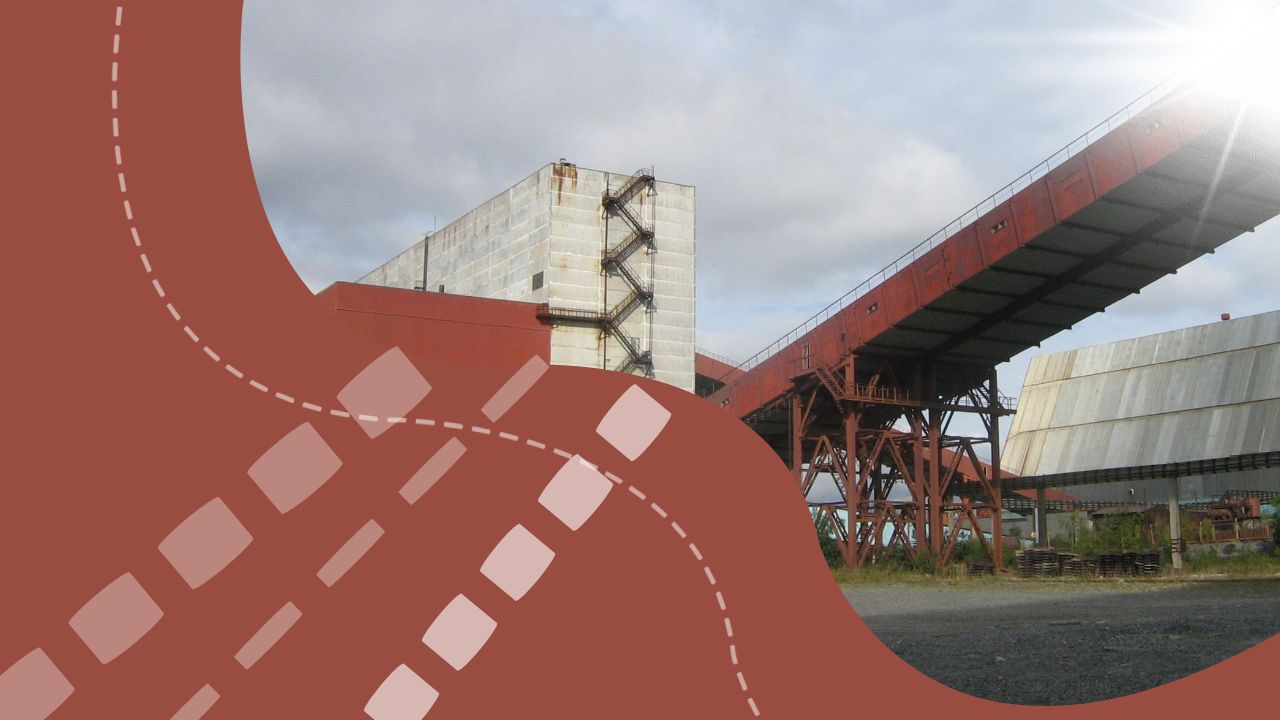London-based mining and oil giant Vedanta ran a “covert” lobbying campaign in India to weaken environmental regulations during the pandemic, according to a new report by the Organised Crime and Corruption Reporting Project (OCCRP).
In 2021, Vedanta’s chairman, Anil Agarwal, wrote a letter to the then Environment Minister of India, Prakash Javedkar, saying the government could add “impetus” to India’s “rapid” economic recovery by allowing mining companies to boost production by up to 50% without having to secure new environmental clearances. According to the OCCRP report, Agarwal further recommended that the change could be made with “a simple notification”.
By early 2022, the Ministry of Environment, Forest and Climate Change loosened the regulations to allow mining companies to increase production by up to 50% without holding public hearings for the same.
Such a move would mean the mining industry would not require new environmental approvals when increasing production. Further, doing away with public consultations also meant silencing the only recourse for local people to raise concerns about expansion and the consequent impact on their livelihoods.
The report also reveals minutes from an internal meeting in 2021 that show officials raising concerns that loosening the rules would break the law and give a free pass to unrestrained mining in ecologically sensitive areas. However, by April 2022, the Environment Ministry published a memo that scrapped all requirements for miners to hold public consultations when expanding production by up to 40%, requiring only written feedback up to 50%.
Benefits to Vedanta’s oil and gas subsidiary
The favours to Vedanta allegedly extended beyond the mining industry to benefit one of company’s subsidiaries, Cairn Oil and Gas. In 2021, Cairn lobbied to scrap public hearings for oil exploration projects.
As the government quietly followed the course of amending law without public consultation, Cairn received six oil projects in the northern deserts of Rajasthan to date. The OCCRP’s analysis of official data shows Vedanta was a key benefactor of the government’s push to boost domestic oil exploration, gaining rights to 62 of the total of 220 blocks put up for sale across the country between 2018 and 2022.
Vedanta told the OCCRP that as “one of the leading natural resources organisations in India”, the company operated “with an objective of import substitution by enhancing domestic production in a sustainable manner”.
Vedanta’s operations in India contributed more than $18bn (£14.26bn) in revenues in 2022. Despite the country’s climate and sustainability pledges to reach net zero and reduce carbon emissions, the report says that “experts who reviewed OCCRP’s findings say they show his [Narendra Modi] government has prioritised the interests of oil and mining companies over the fight against climate change”.
Vedanta was earlier also caught up in the Niyamgiri land conflict in India’s Odisha state, where thousands of indigenous people prevented the company from destroying their sacred land.

